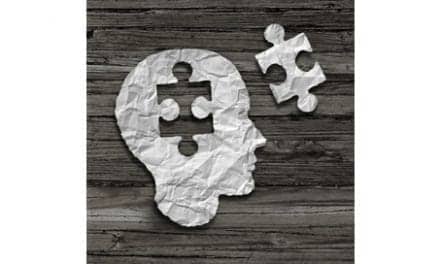Antidepressants Improve Post-Stroke ‘Thinking Outside The Box’
Antidepressant treatment appears to help stroke survivors with the kind of complex mental abilities often referred to as "thinking outside the box," according to a University of Iowa study.
“We found that people diagnosed with stroke who often have a decline in ‘executive function,’ that is, those mental abilities that enable us to respond appropriately to unfamiliar or complex situations, and support several cognitive, emotional and social capacities, showed improvement after receiving a 12-week treatment with antidepressants,” said Sergio Paradiso, MD, PhD, the study’s corresponding author and assitant professor of psychiatry at the UI Carver College of Medicine.
The study began with 47 patients who had suffered a stroke during the previous six months. These individuals were divided into three groups and randomly assigned (with the exception of those with certain medical conditions) to take the antidepressant fluoxetine (Prozac), the antidepressant nortriptyline (Aventyl or Pamelor) or a placebo (inactive substance).
Their executive functions were assessed using standard neuropsychological tasks at the end of 12 weeks of treatment, and again two years after the study had started. A total of 36 patients completed all the evaluations.
No significant differences were found between the antidepressant and placebo groups at the end of treatment. However, 21 months after the treatment ended, the placebo group showed continued worsening of the executive functions, whereas the group treated with antidepressants had clear and significant improvement, regardless of how their depressive symptoms changed.
The investigators hypothesized that antidepressants may foster recovery of neural tissue not directly destroyed by the stroke, yet because the process is slow, it takes months. The researchers plan to examine individuals who responded favorably to the antidepressants and look noninvasively for brain changes.
The study results appear in the March 2007 issue of the British Journal of Psychiatry.
Source: Medical News Today


